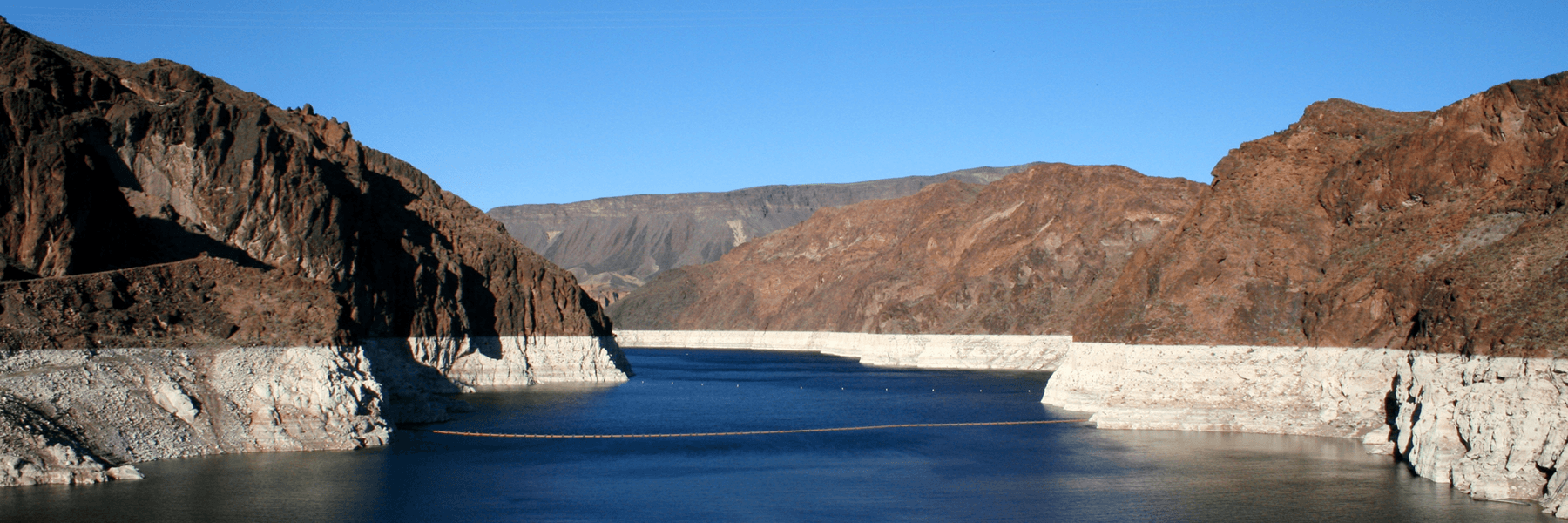Research suggests declining streamflow in the Upper Colorado River Basin partially due to climate change effects that have increased temperature and decreased precipitation

Over the last century, average annual streamflow in the Upper Colorado River Basin has declined by approximately 20%. Guidance on future Colorado River flows, which accounts for a major portion of water resources in seven western states including Mexico, therefore rests heavily on explaining its decline in the instrumental period. Key is determining its sensitivity to temperature, which has risen over 1°C in the last century over the basin and is projected to rise substantially further in coming decades. In a new study to be published in the Journal of Climate, NOAA and CIRES researchers at the Physical Sciences Laboratory investigated the factors that may have contributed to the decline, and evaluated whether rising surface temperatures could be the major culprit.
The researchers found that climate change over the last century is responsible for about a 10% reduction in streamflow from the Upper Colorado River Basin – accounting for half of the observed flow decline since about 1900. Their methods were novel in that multiple global climate models were run at high spatial resolution to more realistically depict the streamflow physics of mountainous terrain. The researchers found that the Colorado River’s sensitivity to warming was appreciably less than most prior studies had suggested, roughly -2.5%/°C temperature rise. However, they also found that climate change caused a moderate reduction in the basin’s precipitation over the last century, a change to which the river was found to be particularly sensitive. In sum, 2/3 of the climate change induced streamflow decline resulted from precipitation loss, and 1/3 resulted from temperature rise.
Explaining the Colorado River’s decline is urgent because Lakes Mead and Powell are now approaching depleted levels that may imminently require delivery curtailments to the States included in the Colorado River Compact. This study confirmed what previous researchers have long suspected that Colorado River flow is dwindling as a result of climate change. A new and important consequence of the paper’s finding is that the great matter confronting efforts to anticipate future Colorado River flow is how precipitation will change, rather than how temperature will change as had previously been surmised. While confidence is high that temperatures will rise further, this paper’s findings indicate that such information offers only limited predictive value for Colorado River flow. More careful attention and new research is required to understand how the region’s precipitation patterns will change.
Authors of 'Causes for the Century-Long Decline in Colorado River Flow' are: Martin Hoerling, Joseph Barsugli, Ben Livneh, Jon Eischeid, Xiao-Wei Quan, and Andrew Badger (PSL authors bolded)
Posted: September 17, 2019